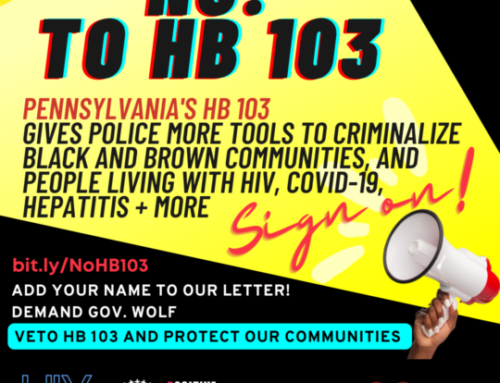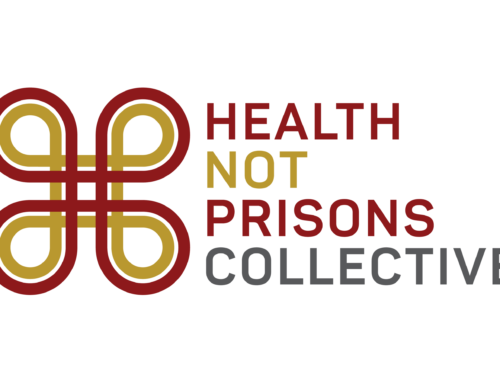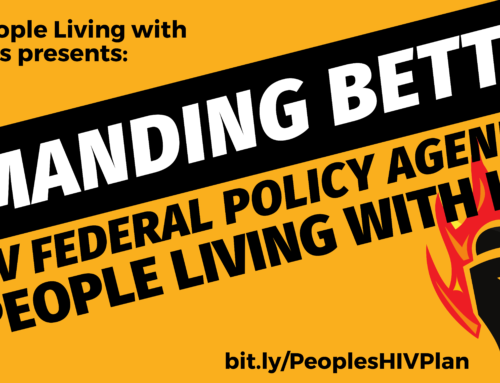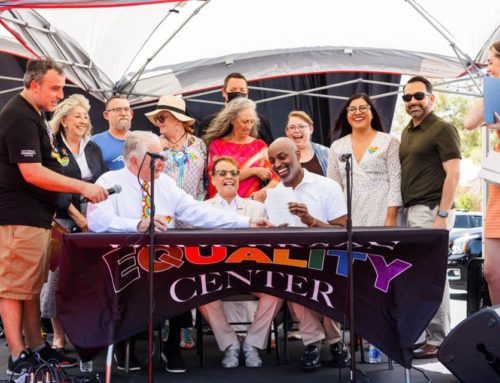 March 14, 2018 — When it comes to the widely misunderstood, complex issue of HIV criminalization, media can be a powerful tool–or a blunt-force weapon.
March 14, 2018 — When it comes to the widely misunderstood, complex issue of HIV criminalization, media can be a powerful tool–or a blunt-force weapon.
And so today, as people around the world living with HIV continue to be criminalized and convicted at alarming rates, HIV JUSTICE WORLDWIDE has released “Making Media Work for HIV Justice: An introduction to media engagement for advocates opposing HIV criminalisation.”
The new resource is the latest addition to the HIV JUSTICE Toolkit, which provides resources from all over the world to assist advocates in approaching a range of advocacy targets, including lawmakers, prosecutors and judges, police, and the media.
The purpose of this critical media toolkit is to inform and equip global grassroots advocates who are engaged in media response to HIV criminalization–and to demystify the practice of working with, and through, media to change the conversation around criminalization.
“As advocates work to build community coalitions and consensus about the importance of limiting and ending HIV criminalization, we need to articulate our common positions to the public and to decision-makers; thus, working with the media is critically important,” says Richard Elliott, Executive Director of the Canadian HIV/AIDS Legal Network and a member of the HIV JUSTICE WORLDWIDE Steering Committee. “Also, particularly in settings where sexual assault laws are used to criminalize people living with HIV, it is important to communicate via the media why this misuse of the criminal law is harmful to women.”
The toolkit provides an introduction to the topic of HIV criminalisation and the importance of engagement with media to change narratives around this unjust practice. The toolkit also includes reporting tips for journalists, designed to educate writers and media makers around the nuances of HIV criminalization, and the harms of inaccurate and stigmatizing coverage.
Positive Women’s Network – USA (PWN-USA), the HIV JUSTICE WORLDWIDE Steering Committee member organization that produced the toolkit, has been working on HIV criminalization for many years, and was an instrumental part of the coalition that brought HIV criminal law reform to the US state of California.
“With HIV rarely making front page news anymore, the highly sensationalized reporting of criminalization cases–which most often contains little in the way of facts or science–paints a dehumanizing picture of people living with HIV,” says Jennie Smith-Camejo, Communications Director for PWN-USA. “This kind of coverage can and does destroy real lives of those affected by HIV criminalization laws, while fueling and feeding misinformation and stigma.”
The toolkit also includes a number of case studies providing examples of how media played a significant role in the outcome, or the impetus, of HIV criminalization advocacy.
“I have been monitoring media coverage of speculations, arrests, prosecutions, and convictions of people living with HIV, and also legal and policy proposals for new laws and/or reform, for more than a decade,” notes Edwin J Bernard, Global Co-ordinator of the HIV Justice Network and a member of the HIV JUSTICE WORLDWIDE coalition. “It’s time for the injustice to end. ‘Making Media Work for HIV Justice’ is a long-overdue welcome addition to the HIV JUSTICE Toolkit, and an important step towards realising a world where people living with HIV are not singled out by the criminal justice system simply for having a virus.“
“Making Media Work for HIV Justice: An introduction to media engagement for advocates opposing HIV criminalisation” was supported by a grant from the Robert Carr Fund for Civil Society Networks. It will also be translated into French, Spanish, and Russian later this year.
For further information and/or interviews contact:
Edwin Bernard, Global Co-ordinator, HIV Justice Network (Brighton, UK): edwin(at)hivjustice.net
Jennie Smith-Camejo, Communications Director, Positive Women’s Network-USA (Oakland, California, USA): jsmithcamejo(at)pwn-usa.org
Joshua Terry, Communications and Campaigns Officer, Canadian HIV/AIDS Legal Network (Toronto, Canada): jterry(at)aidslaw.ca
Save the Date: Community Webinar
Please also save the date for a community webinar. Community journalists are welcome to attend but are embargoed from directly quoting anyone participating in the webinar without the express permission of the organizers and the individual involved.
Webinar: Making Media Work for HIV Justice
Thursday, April 5, 2018: 8am PT / 10am CT / 11am ET /4 pm UK-Lagos / 5pm Malawi /
Friday, April 6, 2018: 1am Melbourne
This 90 minute webinar will introduce attendees to some of the concepts and practices highlighted in the toolkit, and will feature formidable activists, journalists, communications professionals, and human rights defenders working at the intersection of media and HIV criminalisation.
Space is limited; register here.
###
About HIV JUSTICE WORLDWIDE
HIV JUSTICE WORLDWIDE is an initiative made up of global, regional, and national civil society organisations–most of them led by people living with HIV–who are working together to build a worldwide movement to end HIV criminalisation. All of the founding partners have worked individually and collectively on HIV criminalisation for a number of years.
HIV JUSTICE WORLDWIDE is run by a 10-member Steering Committee: AIDS Action Europe / European HIV Legal Forum; AIDS-Free World; AIDS and Rights Alliance for Southern Africa (ARASA); Canadian HIV/AIDS Legal Network; Global Network of People Living with HIV (GNP+); HIV Justice Network; International Community of Women Living with HIV (ICW); Positive Women’s Network – USA (PWN-USA); Sero Project (SERO); and Southern Africa Litigation Centre (SALC).
To learn more and to join the movement, visit: http://www.hivjusticeworldwide.org/







